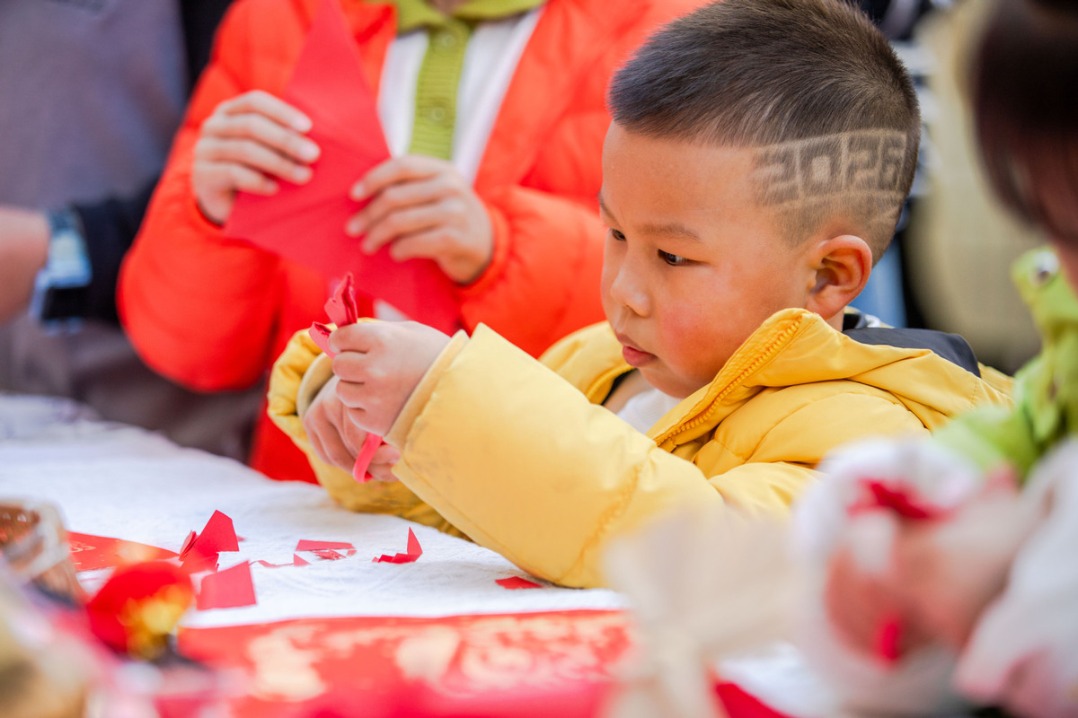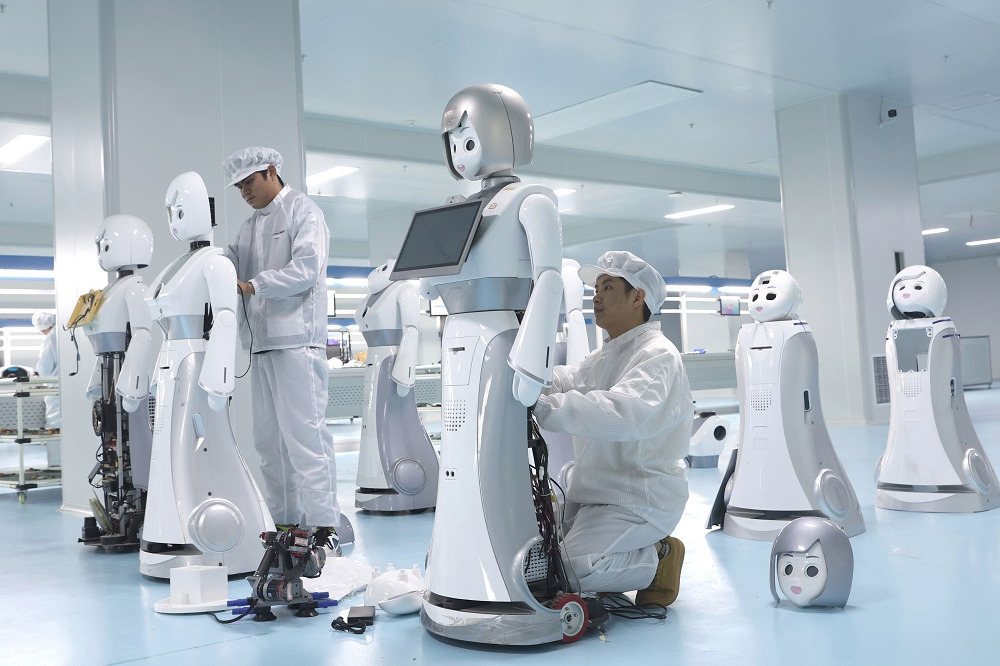Beijing courts improve services for elderly litigants

Beijing courts have intensified efforts to enhance the quality and efficiency of handling disputes involving elderly individuals, aiming to meet the growing legal demands of the senior population and provide stronger protection, an official said.
From the beginning of 2024 to August this year, the capital's courts handled 41,389 civil cases involving elderly residents, with 38,287 concluded, according to Jin Xuejun, vice-president of the Beijing High People's Court, who spoke at a news conference on Tuesday.
He noted that the number of such lawsuits has been steadily increasing, expanding from traditional areas such as marriage, family and inheritance to include eldercare services, online consumption, investment and finance, and employment.
Jin released the data and trends ahead of the Double Ninth Festival, also known as Chongyang Festival, which falls on the ninth day of the ninth month on the traditional Chinese calendar and is a traditional occasion to honor and show respect for the elderly. This year, the festival falls on Wednesday.
As the elderly population grows, the demand for eldercare services has expanded, Jin said. "However, some eldercare institutions suffer from poor management and subpar service quality, leading to frequent incidents of personal harm to elderly individuals," he noted.
He added that many seniors lack sufficient understanding of legal regulations, have weak risk awareness, and face challenges due to the digital divide, which hampers their ability to protect their rights.
"In response, Beijing courts have optimized judicial services and introduced innovative measures to effectively resolve disputes involving the elderly," he said.
For example, the Chaoyang District People's Court has established a specialized tribunal for elderly-related cases to improve the efficiency of trials concerning support obligations. It has also implemented a follow-up system to maintain communication with community committees, village committees and civil affairs departments to ensure the elderly receive proper care.
"We've also focused more on providing convenience for senior litigants, giving them easier access to legal services," Jin said. For instance, the Fengtai District People's Court has set up temporary rest areas within courtrooms, offering wheelchairs, reading glasses, walking sticks and first-aid supplies for seniors.
In addition, several courts across the city have established legal consultation points in communities and neighborhoods, offering free legal advice to elderly residents on a regular basis, he added.
- Probe identifies cause of tragic Hebei nursing home fire
- Safety breaches, substandard materials, management failures caused Fuzhou accident: report
- Cutting edge UAV completes maiden flight in Sichuan
- Hainan registers record flow of foreign visitors
- Hebei discovery sheds light on development of Stone Age tools
- Lion parade sparks debate at Anhui zoo





































